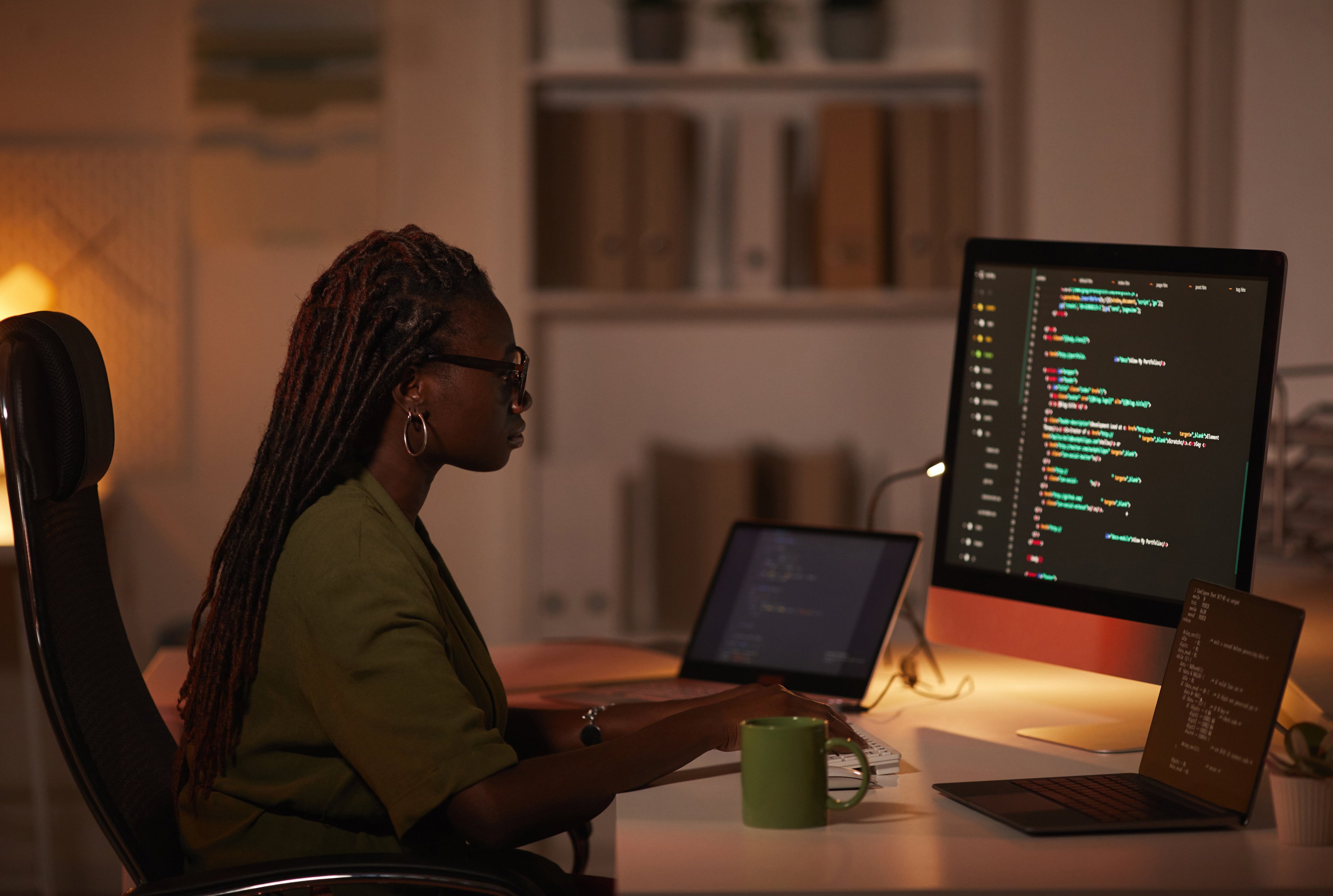Prime
Intersectionality of women’s digital rights

What you need to know:
- Despite the significant progress made in recent years, women continue to face numerous challenges in accessing and using digital technologies, including limited connectivity, gender-based violence online, and patriarchal attitudes that reinforce gender inequality.
As Women’s month is celebrated around the world, it is important to reflect on the complex and multifaceted issues facing women’s digital rights in Africa, with a particular focus on Uganda.
Despite the significant progress made in recent years, women continue to face numerous challenges in accessing and using digital technologies, including limited connectivity, gender-based violence online, and patriarchal attitudes that reinforce gender inequality.
The intersectionality of women’s digital rights in Africa is a complex and multifaceted issue. It involves the intersection of gender, race, class, and other forms of identity, and how they shape women’s access to and use of digital technologies.
In Uganda, this issue is particularly acute, as women face multiple barriers to accessing digital tools and services, including limited connectivity, lack of digital skills and literacy, and patriarchal attitudes and practices that reinforce gender inequality.
One of the most pressing challenges facing women’s digital rights in Uganda is the digital gender divide. According to the Uganda Communications Commission (UCC), only 28 percent of women in Uganda have access to the internet, compared to 42 percent of men. This gap is even wider in rural areas, where women are often more marginalized and have fewer opportunities to access digital technologies.
As a result, women in Uganda are less likely to benefit from the economic, social, and political opportunities that the digital world offers.
Another issue that affects women’s digital rights in Uganda is the prevalence of gender-based violence (GBV) online. According to a survey conducted by the World Wide Web Foundation, 58 percent of women in Uganda have experienced online harassment or abuse. This includes cyberstalking, imaged based sexual violence, and other forms of digital violence that can have devastating consequences for women’s mental health, well-being, and safety.
Despite these challenges, there are also examples of women in Uganda who are using digital technologies to challenge gender norms, advocate for their rights, and build more inclusive communities. For example, the Women of Uganda Network (WOUGNET) is a non-governmental organization that works to promote women’s access to and use of ICTs. Through their training and advocacy programs, WOUGNET has helped thousands of women in Uganda develop the skills and confidence to use digital tools for personal and professional growth.
Similarly, the Digital Literacy Initiative (DLI) is a program that provides digital skills training to women and girls in rural Uganda. By teaching them how to use computers, smartphones, and other devices, DLI is empowering women to participate more fully in the digital economy and society. This, in turn, can lead to greater economic opportunities, increased social capital, and a stronger sense of agency and autonomy.
In conclusion, the intersectionality of women’s digital rights in Africa, and in Uganda in particular, is a complex and evolving issue that requires a multifaceted response.
It is essential that policymakers, civil society organisations, and other stakeholders work together to address the digital gender divide, combat gender-based violence online, and promote women’s access to and use of digital technologies. By doing so, we can help create a more equitable and inclusive digital world that benefits everyone.
Sheba Nyesigire, Social Worker at MODVA, MPA Scholar at UMI




